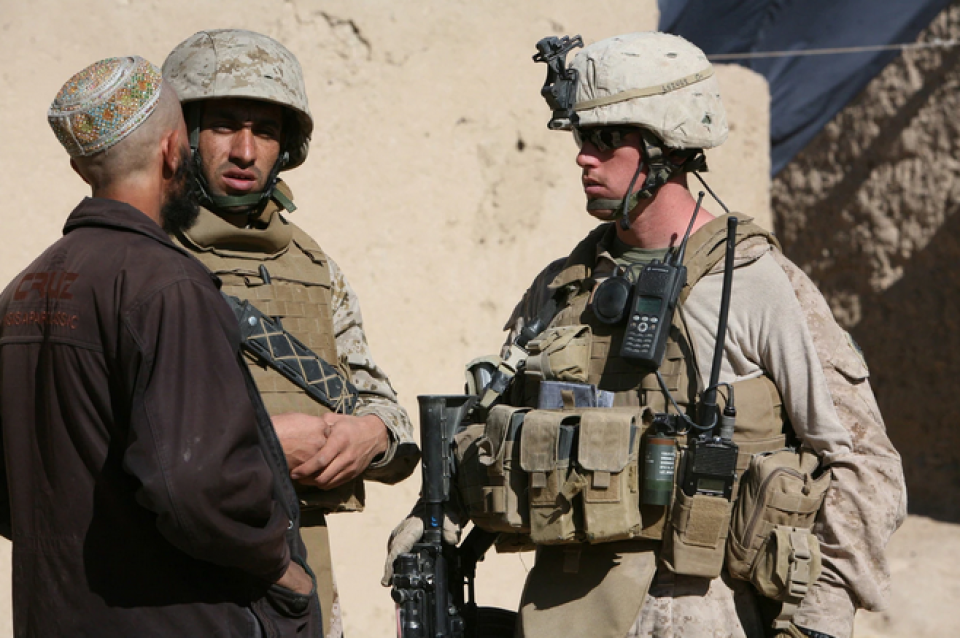by : Angus King , NavyTimes
In less than three months, the United States will withdraw all American troops from Afghanistan, ending our engagement in the longest war our nation has ever fought. Over the course of nearly 20 years, war in Afghanistan cost thousands of American lives — but that number would undoubtedly have been higher without the support and sacrifice of tens of thousands of Afghan nationals who served as interpreters, translators, and guides for our military personnel or provided additional aid to the U.S. government. These Afghan citizens helped the United States at great personal risk — and in return, relied on us for protection. As the United States winds down its military operations in Afghanistan, our moral and strategic responsibility to protect them is more important than ever.
To recognize the service of our Afghan allies, in 2006 the U.S. created a special immigrant visa (SIV) program for those who assisted in America’s military efforts. The program has already issued tens of thousands of visas to Afghan nationals who aided the U.S. and their families. But now, as our military presence draws down and with the Taliban waiting in the wings, there is a backlog of about 18,000 Afghan nationals waiting for their SIV applications to be processed. This slowdown won’t just be an inconvenience; continued delays could very well be a death sentence for those who put their lives on the line to help the United States.
The moral necessity of protecting our Afghan friends from the Taliban and extremist threat is obvious: America made a commitment to protect those who worked with us, and we, as a nation, must live up to that commitment. Inaction would also create a national security risk — because if America’s moral leadership is degraded and our word is devalued, then who on earth would stand beside us in foreign theaters in the future? We absolutely cannot send a signal to current and future allies and partners that when the going gets tough, the United States abandons its friends.
Unfortunately, we’re running out of time. The United States is less than 90 days away from withdrawing the last of our troops; in contrast, a recent report from the Departments of State and Homeland Security estimate that the average processing of an SIV application takes 996 days — roughly the difference between three months and three years. This is a full-fledged emergency, and the Biden administration cannot settle for business as usual.
We need to cut down on this nearly 1,000 day wait, while still prioritizing homeland security through a sound vetting process. The most effective way we can safely fulfill America’s commitment is by speeding up our existing efforts to process SIVs and expanding the number of visas available for eligible applicants. To its credit, the administration is working cut down on this wait time by drastically increasing the amount of staff responsible for reviewing these applications. We can also simplify or streamline the paperwork needed, given the exigent circumstances, to further expedite the process.
The best solutions are not fully clear yet — but what is clear is that time is running out to fulfill America’s duty to our friends. Nations are judged by the manner and care with which they leave the field of battle — not just by future foes and prospective allies, but also by the eyes of history. The world is watching to see what we do — or don’t do — for our Afghan allies in this life-or-death moment. Inaction is unacceptable; I urge the administration to redouble our efforts before it is too late.

















